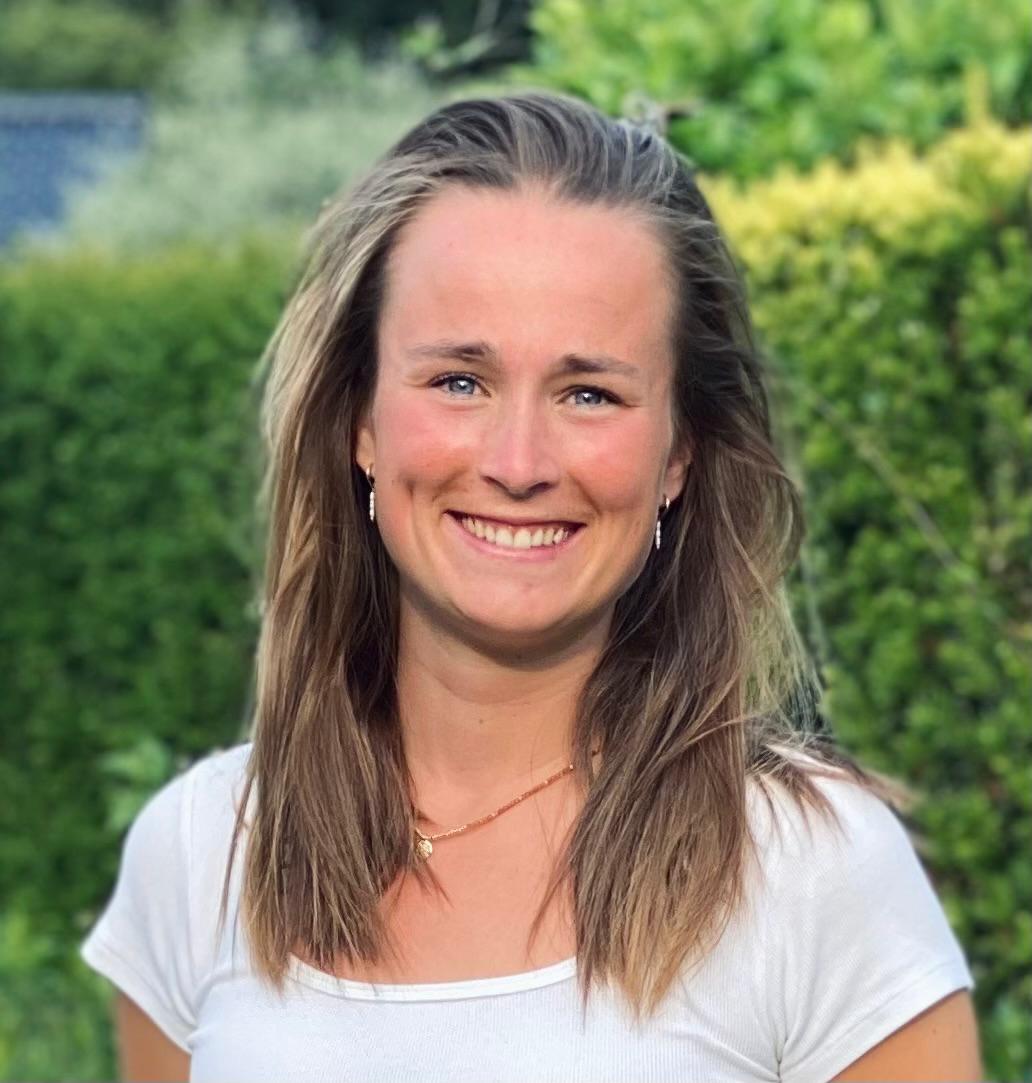Life goes on
Well-being and neuropsychiatric symptoms in people with acquired brain injury in institutions
Introduction
In this study, we will look at the quality of life of people with acquired brain injury who live in a care institution. We will look at how neuropsychiatric symptoms affect quality of life. In addition, attention will be paid to affection and intimacy, a theme that receives little attention in long-term care, but plays a major role in quality of life.
By gaining better insight into the aspects that affect the quality of life, we want to organize care more appropriately in the future.
Purpose
Every year, tens of thousands of people in the Netherlands suffer serious brain damage due to, for example, a traffic accident or stroke. Some can no longer live independently after that. Almost nothing is known about how these, often young patients, fare in healthcare institutions. This research changes this. Current science shows that many patients with ABI also have to deal with neuropsychiatric symptoms (NPD). Examples of NPD are depression/sadness, disinhibited behavior, anxiety, aggression, hallucinations or delusions, etc. Which symptoms lead to a reduced quality of life is not known. In addition, affection and intimacy is a theme that receives little attention in long-term care, but plays a major role in quality of life. By gaining a better understanding of the aspects that affect the quality of life, we can organize care more appropriately in the future.
Procedure
Data analysis and interviews with people with ABI living in a healthcare institution. Subjects must have been resident in a healthcare facility for at least 4 weeks and be between the ages of 18 and 65. It is also important that the test subject can communicate verbally.
Process
In addition to examining previously collected data, we will talk to twenty test subjects with ABI. We will make an appointment for two interviews. In the first conversation we will ask questions such as: "What is important to you?", "What do you like to do?", "What do you do when you are sad?". In the second conversation we will talk about attachment and intimacy. "What is your experience with intimacy?", "Do you need intimacy?", "Do you experience space to build a relationship?". Through these and similar questions, we try to get a picture of factors that can influence the quality of life. Each call will last approximately 1-2 hours.
Prior to the conversations, we will ask a healthcare provider to take various questionnaires and do small examinations.
Cooperation
The project group consists of:
- Drs. Marlou Kluiving, physician in training to become a geriatric specialist and principal investigator of the study 'Life Goes On'
- Prof. Dr. Debby Gerritsen, geriatric psychologist and professor of Well-being in Long-Term Care at the Department of Primary Care of Radboudumc - promotor
- Dr. Willemijn van Erp, geriatric specialist and associate professor 'Neurological disorders in long-term care' department of Primary Care Radboudumc, Libra Rehabilitation & Audiology, Accolade Zorg – co-promotor
- Dr. Kitty Jurrius, Program Leader Living with Acquired Brain Injury Department of Primary Care Radboudumc – co-promotor
- Dr. Helen Anema, clinical neuropsychologist and senior researcher at the Winkler Center of Expertise in Neuropsychiatry, part of Pro Persona - advisor
- Drs. Jan Wiersma, neuropsychiatrist at Interakt Contour – advisor
the sounding board group includes several other experts and Dr. Jan Lavrijsen (Radboudumc) is also closely involved.



